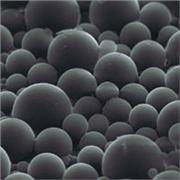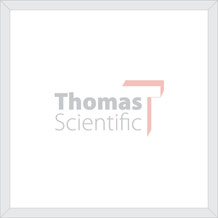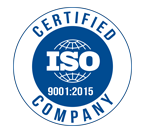25 mL, bioWORLD, 41116113
-
Biosilica™ beads
bioWORLDbioSilica Beads Non-porous silica beads are useful in molecular biology and immunoassays. Diameters are 0.3-5.0 µm, a density of 1.96g/cm 3 , a refractive index (589nm) of about 1.37. Silica beads have high temperature stability. Also, because hydrophilic silica does not absorb proteins,…
-
Ni-alginate macro and micro beads
bioWORLDBioalginate beads Alginate, commonly called sodium alginate, is a linear polysaccharide. The copolymer consists of two uronic acids: D-mannuronic acid (M) and L-guluronic acid (G ). Sodium alginate as well as other alkali metal alginates are water soluble, whereas the salts of polyvalent…
-
The bioWORLD arachis hypogaea lectin (PNA) - polystyrene beads is mainly used to determine tumor tissue for transitional mucosa malignancies. It is suitable for use in biomedical applications. Application: For Research and Laboratory use only
-
Bioalginate beads
bioWORLDBioalginate Alginate, commonly called sodium alginate, is a linear polysaccharide. The copolymer consists of two uronic acids: D-mannuronic acid (M) and L-guluronic acid (G ). Sodium alginate as well as other alkali metal alginates are water soluble, whereas the salts of polyvalent cations,…
-
Cu-alginate macro and micro beads
bioWORLDBioalginate beads Alginate, commonly called sodium alginate, is a linear polysaccharide. The copolymer consists of two uronic acids: D-mannuronic acid (M) and L-guluronic acid (G ). Sodium alginate as well as other alkali metal alginates are water soluble, whereas the salts of polyvalent…
-
Co-alginate macrobeads
bioWORLDBioalginate beads Alginate, commonly called sodium alginate, is a linear polysaccharide. The copolymer consists of two uronic acids: D-mannuronic acid (M) and L-guluronic acid (G ). Sodium alginate as well as other alkali metal alginates are water soluble, whereas the salts of polyvalent…









